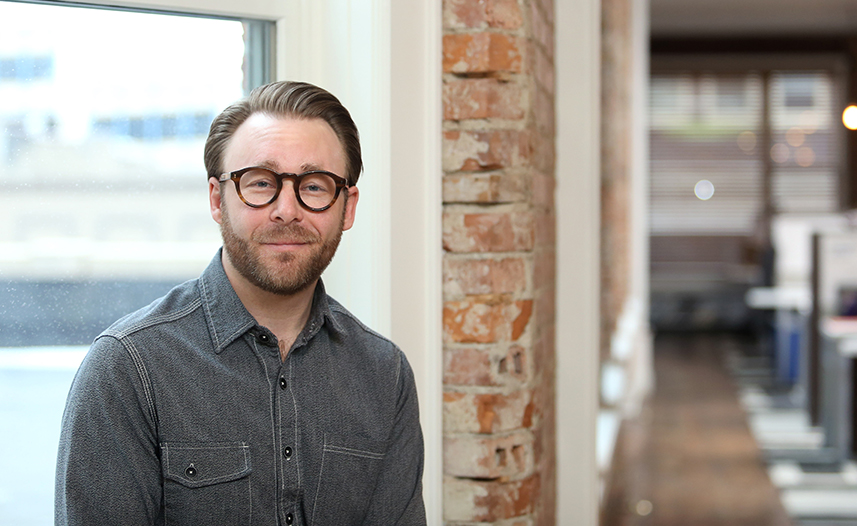Reflecting on the last decade

Published July 9, 2015
At the start of 2004, a series of events began to occur, which would eventually contribute to the most significant alteration to my life in its present form and ultimately to its future form. When I was completely free from alcohol on July 4, 2005, I was a sick and broken human being. Society, family, friends, counselors, and others saw alcohol as the epicenter of my problem. Remove the alcohol and suddenly I’d be better; a better son, brother, friend, co-worker, citizen.
Alcohol was never my problem. My problem was much deeper. Alcohol became the thing I used to cope with a host of symptoms that I did not know how to deal with.
Over the course of the last decade, I have spent considerable time with counselors and psychologists working through the roots of what afflicted me. The outside world saw me addicted to alcohol. But the addiction to a substance was a reaction to underlying issues not the action that produced the issues. For instance, I did not know that I suffered with depression as a child — how would I know? This depression went undiagnosed and untreated for decades. Only during the last 10 years have I learned how to treat and cope with my depression. I can sense the symptoms and begin to be mindful of the depressive state that is inevitable. Fortunately, my depression isn’t debilitating — not anymore. I know how to cope and work through the day.
This is a far cry from where I was 10 years ago.
Depression was just one element among many that required focused attention and intentional action to address the issue in a positive way. What I’ve learned over the last 10 years and have used as a young(ish) leader is that there are many similarities between how one must address adversity in our life and how leaders must act when directing an organization or engaging in another form of leading. Here’s a short list of attributes survivors of addiction (or adversity) have in common with great leaders:
- You have to know what your problem is. Overcoming addiction for me got real easy when I stopped focusing on the substance of alcohol. Alcohol wasn’t the problem — it was part of the problem, but not the problem. Once you are able to lay out the problem and the various factors that contribute to the problem, you can then begin to devise strategies for solving those problems. Thus, instead of solving one big problem, you work to solve a bunch of small problems. Over time, the aggregated smaller solutions begin to have a significant impact on the larger problem.
- You have to be patient. At the heart of the disease of addiction is a constant striving for instant gratification. Major change, no matter what it is, does not happen over night. Once you’ve identified the problem, devised a strategy to attack the problem, you have to patiently work the strategies. If the strategies are good, as Sam Cooke says, “A change is gonna come."
- You cannot work in a vacuum. Individuals do not overcome addiction or other challenges in complete isolation from others. Major change requires a team of people, each with their own set of skills necessary to solve the problem. As the primary change agent, the leader (or individual overcoming illness, etc.) gets to see the entire landscape and team of people working in concert like an orchestra. If any one member of the team or the leader work in isolation, the problem will not get solved.
- You must have a vision for the impossible built on a path of reality. The impossible becomes possible not because we begin with the moon shot, but because we begin with something much smaller and doable. In addiction recovery parlance: One day at a time. But I don’t really like the “one day at a time” philosophy because it ignores, I think, the existence of a much bigger goal. For instance, the “one day at a time” mantra is used to help individuals not consume for the day. That’s all well and good, but fundamentally something is missing — then what? There must be a plan for that single daily victory, but it must fit into a larger plan to achieve the impossible.
This is not an exhaustive list by any means, but I think this is the core of what it takes to truly overcoming addiction and leaving that illness behind. In life, we will be afflicted by many illnesses and challenges. We cannot let a single act or issue define us — we are way too complex for such narrowed living. Yes, an event or illness may be defining, but we must think of that moment as being a life pivot. Entrepreneurs know and embrace the pivot.
July 2005 was a critical pivot for me — addiction was about to take a back seat in my life. In early 2007, I pivoted again and went from focusing on a return to the broadcast profession to setting a course to become a lawyer. Then in 2012, after graduating law school, I pivoted from wanting to practice law, to joining Face It TOGETHER and being involved in a massive social entrepreneurial enterprise. There will be more pivots to come — this I know and this I embrace.
I've built a great team around me and my vision for the future may seem impossible at times, but I'll keep working at the small problems and we'll see what the next decade brings.
